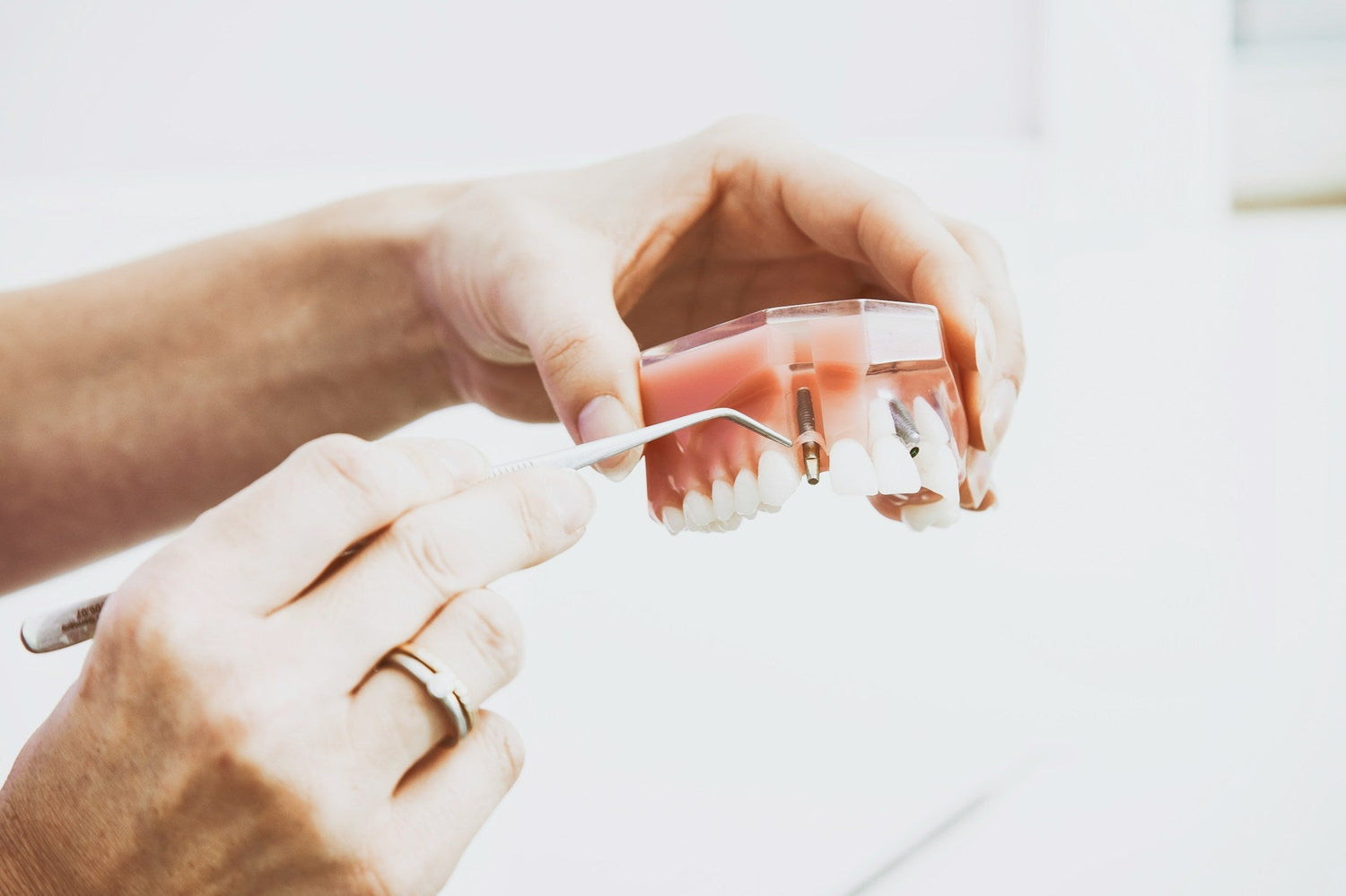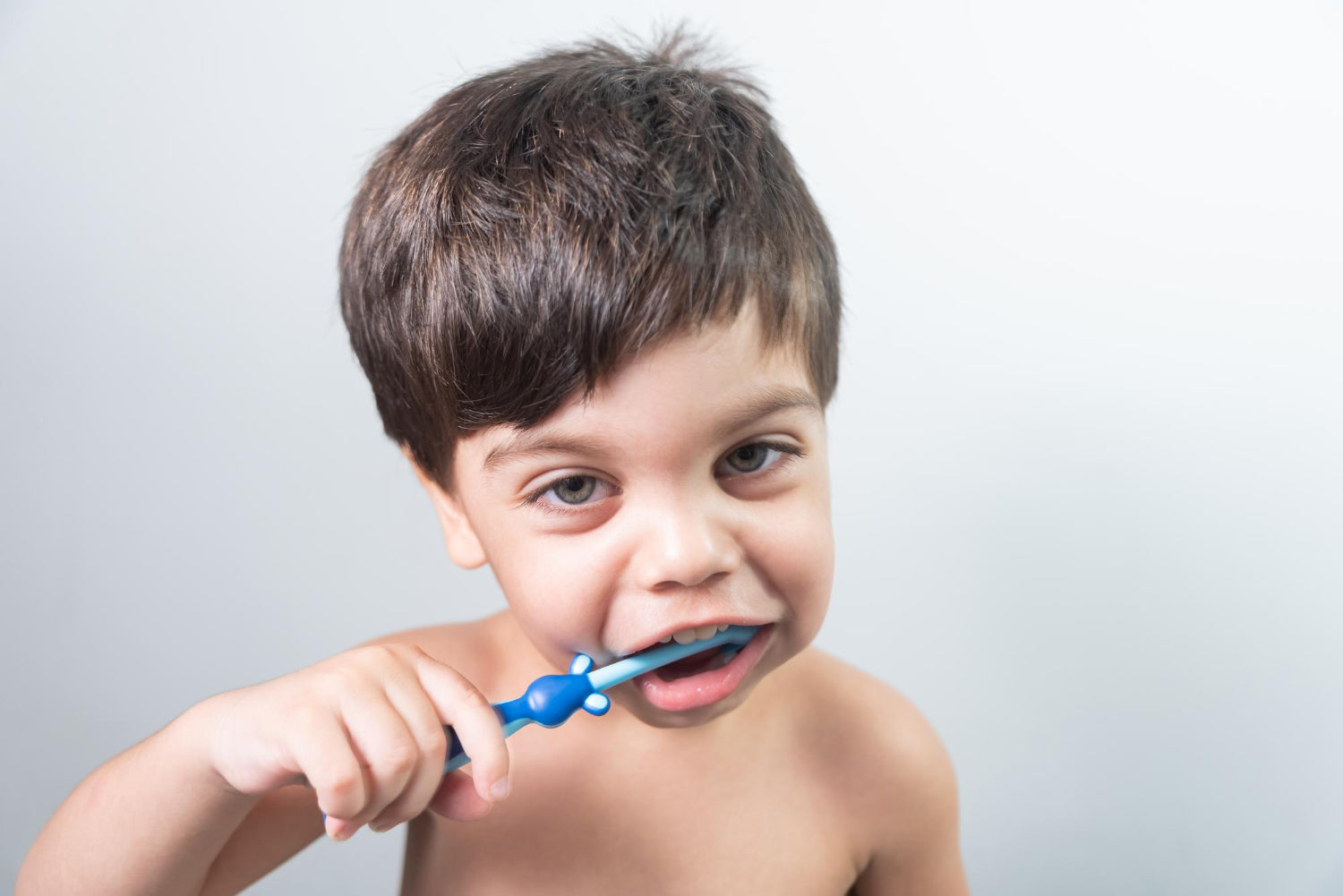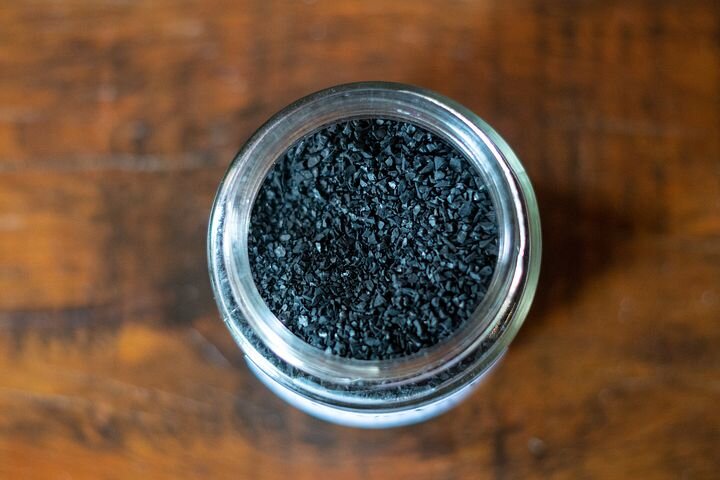Implants cannot become diseased like real teeth, but they can be lost if oral hygiene is poor. That's why you should brush implants regularly and care for them thoroughly, just like your natural teeth.
Regardless of whether you have a natural tooth or an artificial tooth, when you eat or drink, plaque forms in which countless bacteria live. These bacteria can trigger inflammations, for example periodontitis, mucositis or periimplantitis.
Periodontitis is often called periodontosis and is a bacterial inflammation of the tooth bed. The tissue and bone that stabilize the tooth are inflamed. Mucositis is inflammation of the mucous membrane surrounding the dental implant. If the inflammation progresses further, it is called peri-implantitis - jawbone resorption. As a result, the implant loses its anchorage and becomes loose. There is a risk that you will lose the implant.
So that bacteria have no chance
For a clean and bacteria-free environment, you should brush the implant at least twice a day with a soft toothbrush. For electric toothbrushes, there are brush heads with soft bristles that are good for effectively removing bacterial plaque without damaging the denture. In the demirdental range you can even find brush heads with 25% softer bristles compared to the standard model for extra gentle cleaning of the gums.
Use a flouride-containing, non-abrasive toothpaste for brushing as you would for your own teeth. Such a toothpaste has a low abrasion and is gentle on the teeth or implant. Antibacterial agents in the paste are recommended to combat gingivitis.
As with real teeth, it is also important to keep the gums around the implant clean so that they do not become inflamed by plaque. You can do this by flossing regularly. There are special wide, fluffy dental flosses that you can use to clean the large interdental spaces of an implant particularly well. Interdental brushes are also suitable for effective care of the interdental spaces.
It is also important to ensure that your toothbrush is professionally ground so that it does a good job before floss or interdental brushes are used. Finally, you can use an antibacterial mouth rinse.
Support from a dental professional
It is also recommended that you have your teeth professionally cleaned two or three times a year. In addition, do not miss regular check-ups with your dentist to detect possible inflammations at an early stage and have them treated accordingly.




Leave a comment
All comments are moderated before being published.
This site is protected by hCaptcha and the hCaptcha Privacy Policy and Terms of Service apply.